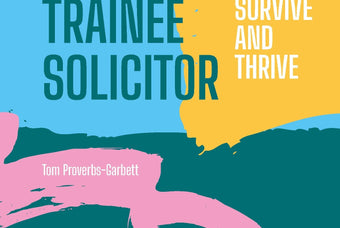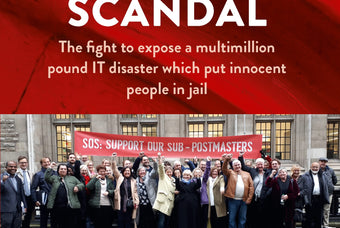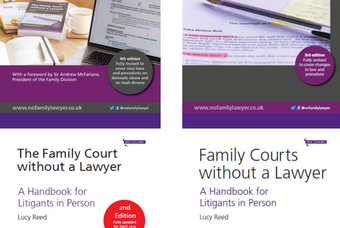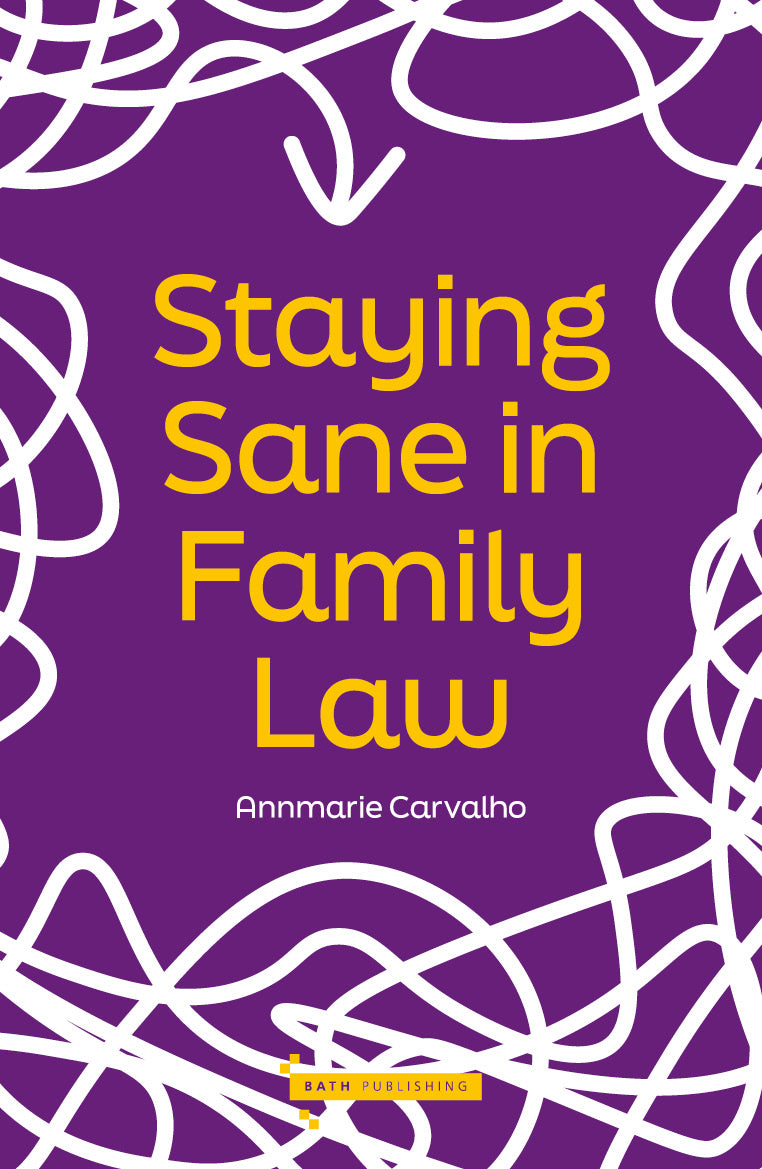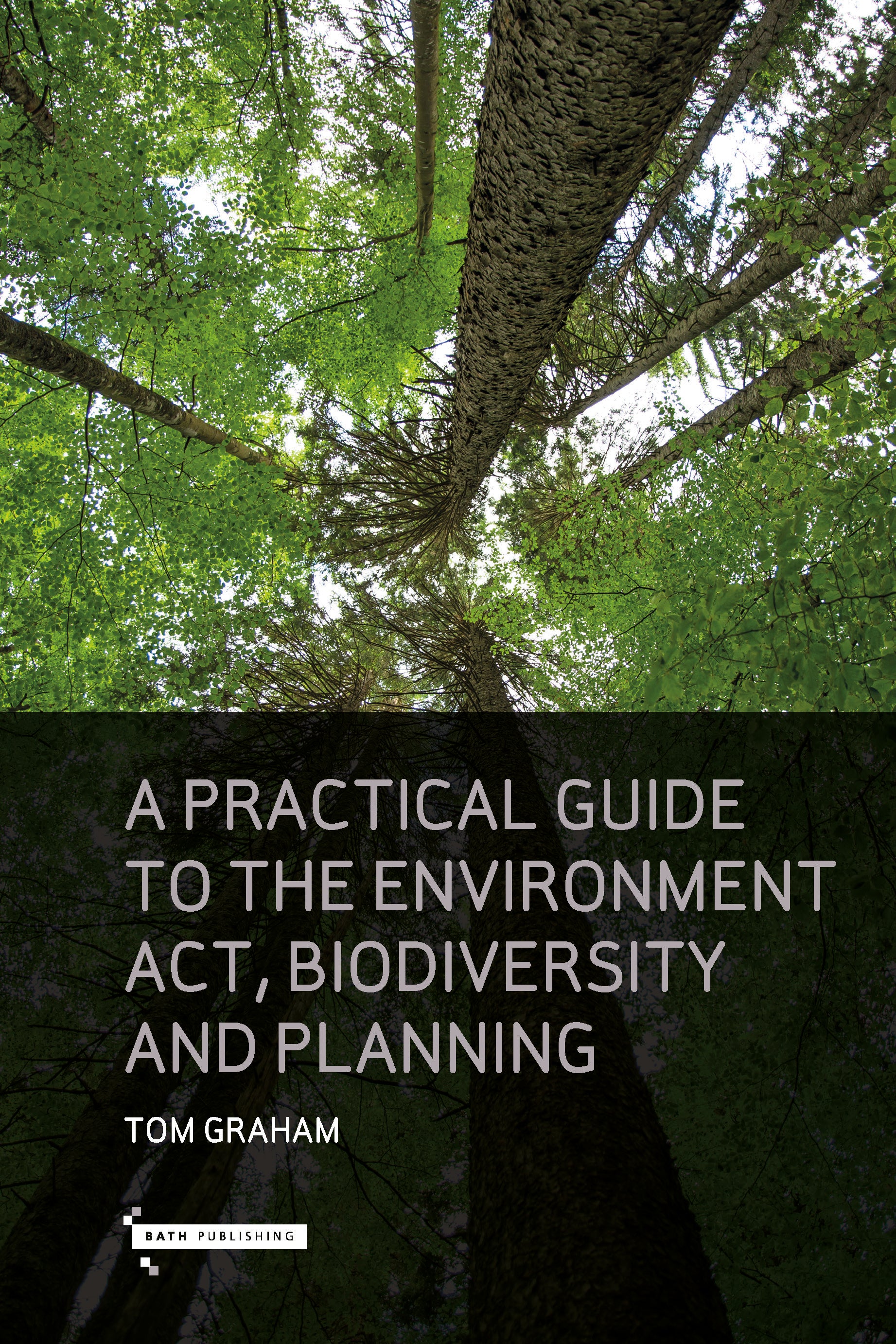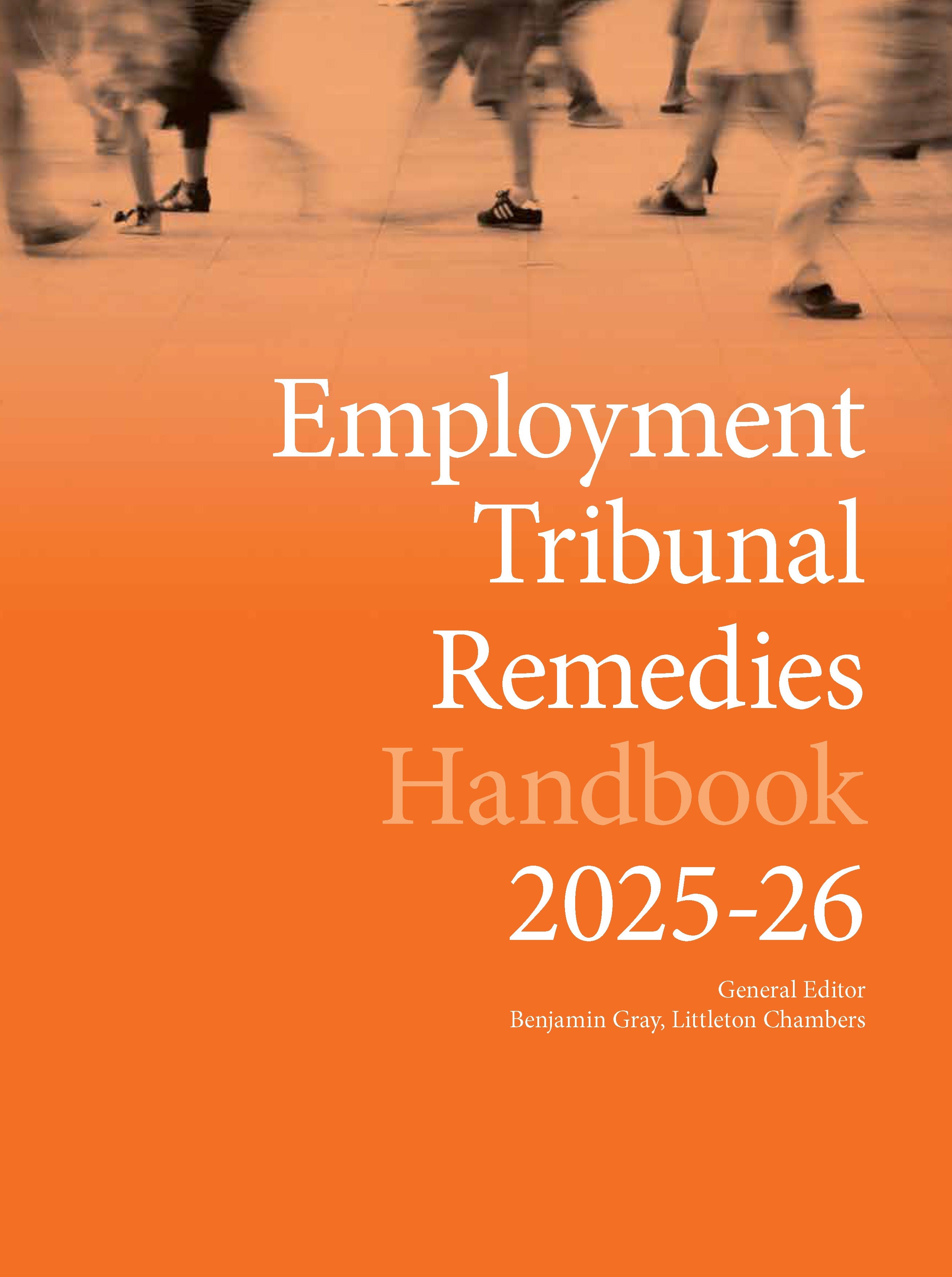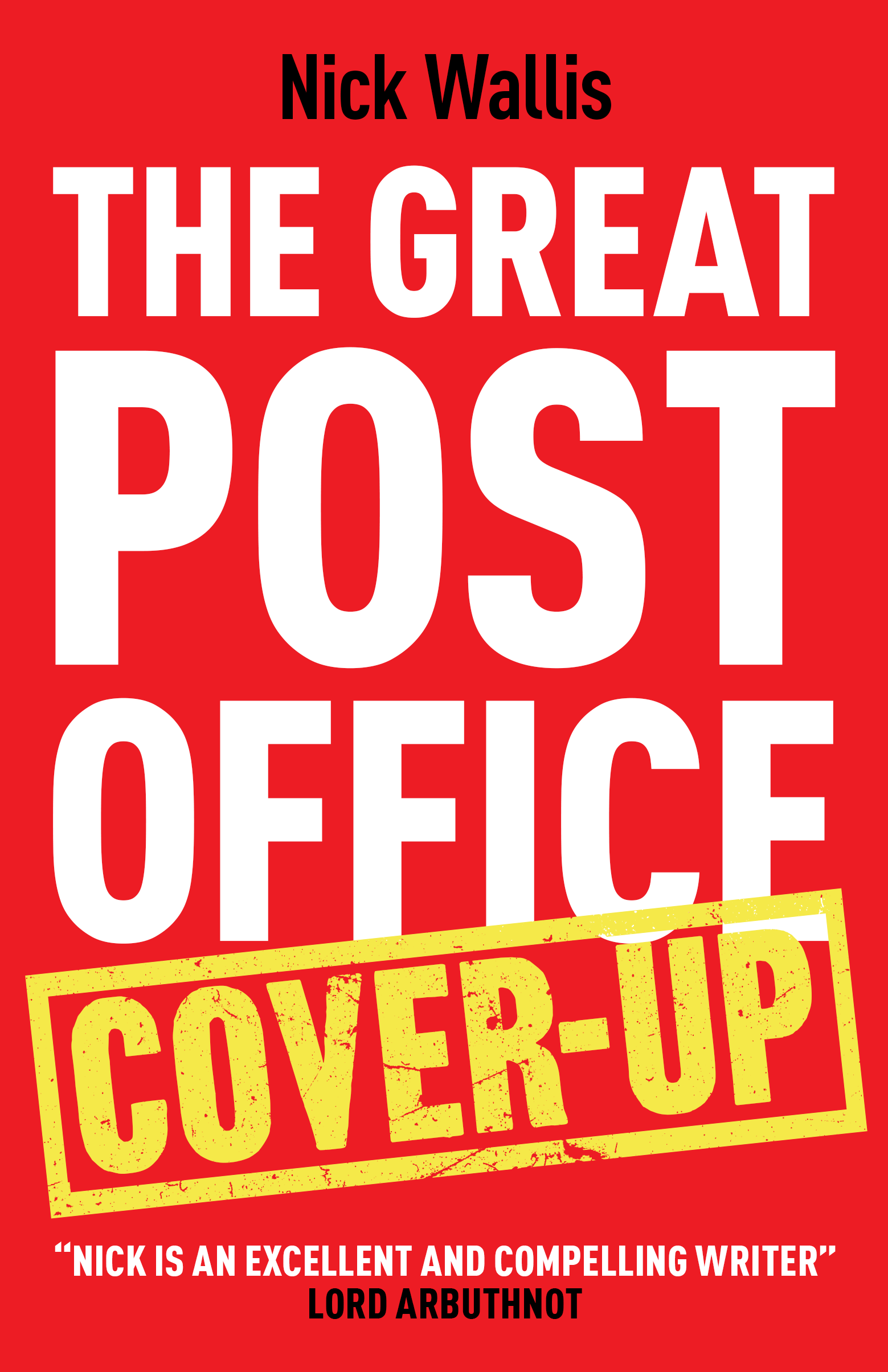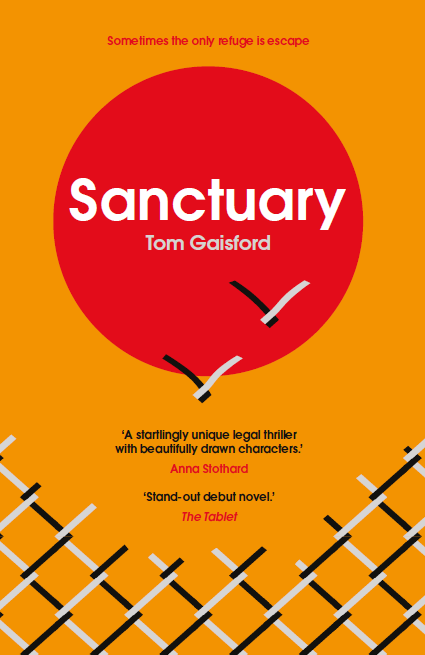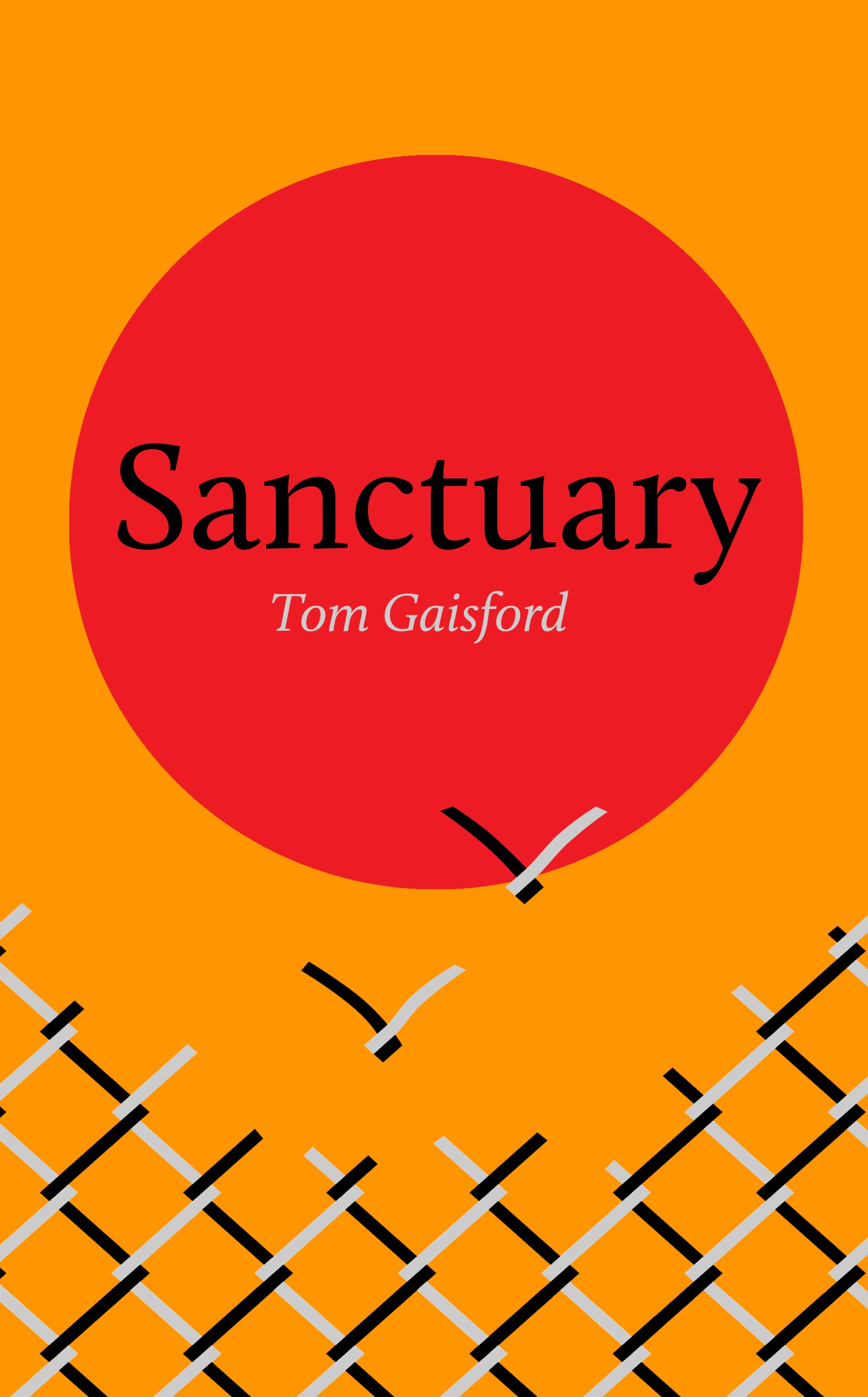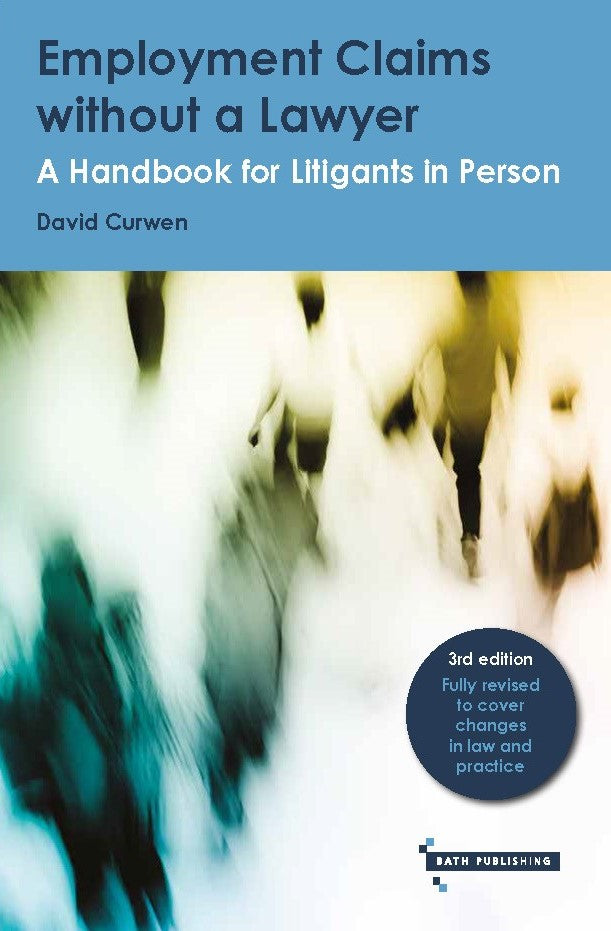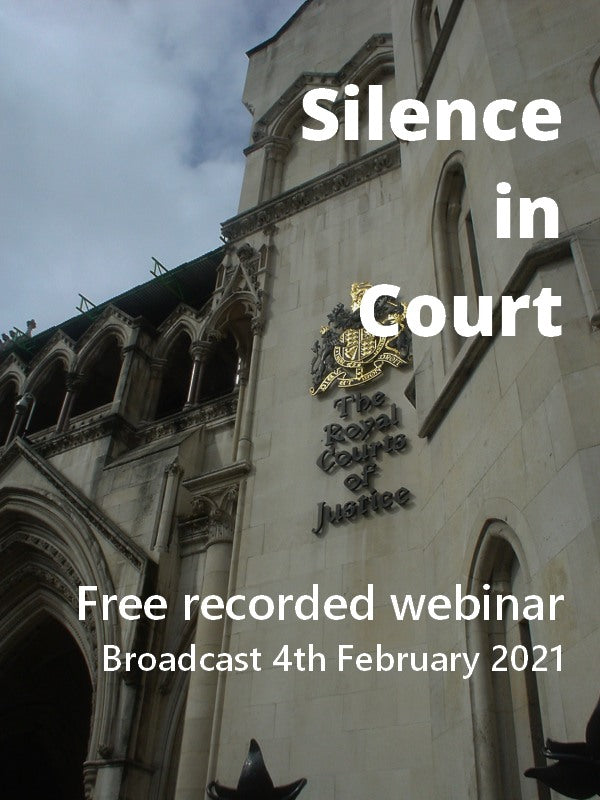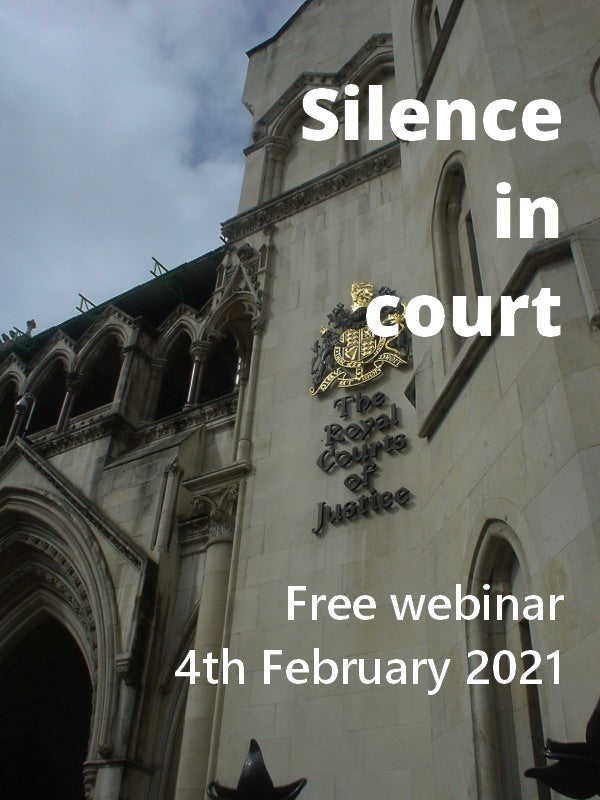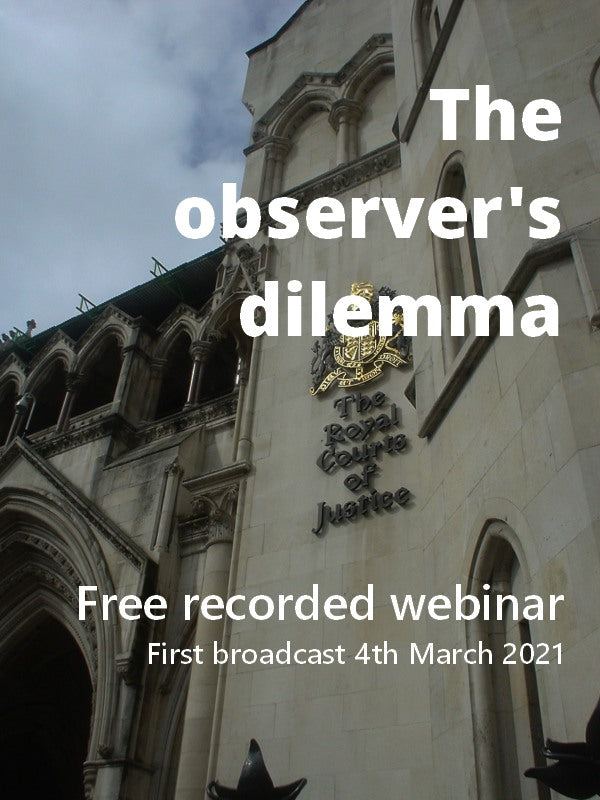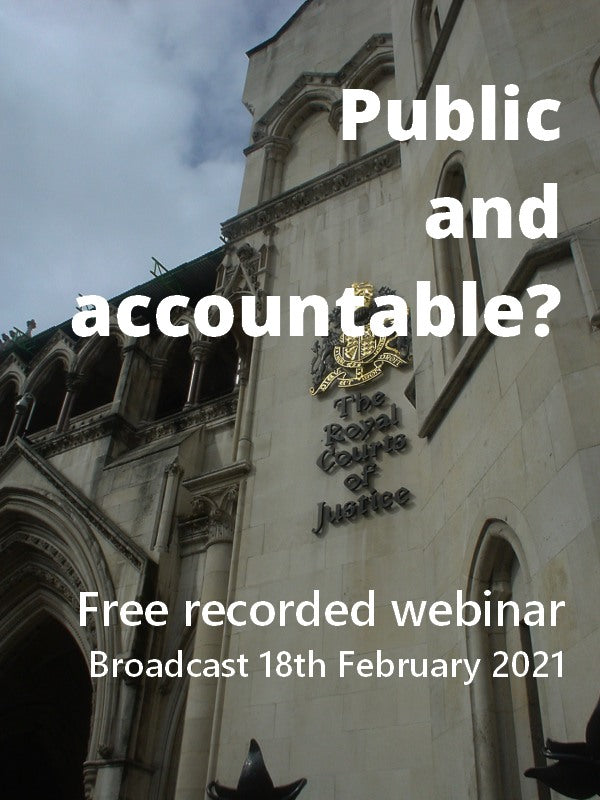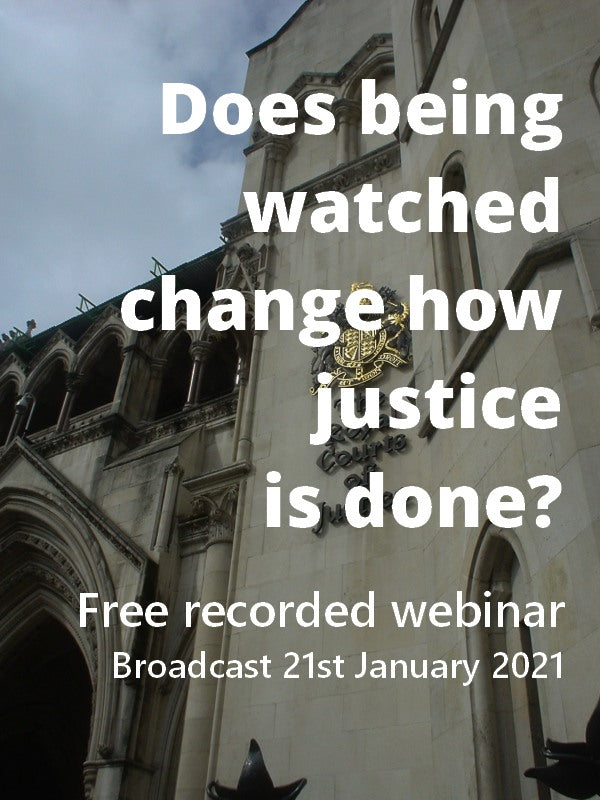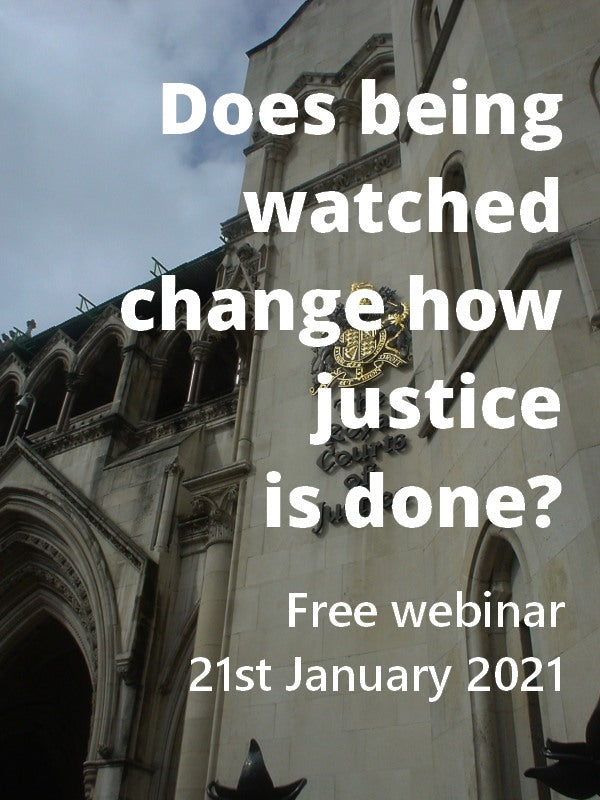This blog post is one of a series of extracts from Insolvency Law Made Clear: A Guide for Debtors, the plain English, practical guidance for anyone facing demands over a debt they are struggling to pay.
--------------
Legal advice organisations
There are many charities offering debt advice: National Debtline, StepChange,
the Debt Advice Foundation, and the Money Adviser Network all have national
coverage. These charities specialise in addressing problems before they escalate into insolvency proceedings. The equivalent for business debt is Business Debtline. Shelter and Christians Against Poverty are two other charities which have experience helping people in financial difficulty.
If a court hearing is listed, a reader’s starting point is likely to be a local branch
of Citizens Advice: https://www.citizensadvice.org.uk/. Citizens Advice can also
be contacted through its national phone line service: 0800 144 8848 (England)
and 0800 702 2020 (Wales). They also have a special debt helpline: 0800 240
4420. The Citizens Advice based in the Royal Courts of Justice (rcjadvice.org.
uk) is particularly good, and can be accessed by emailing debt@rcjadvice.org.uk
or by phoning 0203 869 3195 on Thursday or Friday.
Alternatively, there may be a specialist legal advice centre able to offer support.
These can be found via the LawWorks website: https://www.lawworks.org.uk/
legal-advice-individuals/find-legal-advice-clinic-near-you. In particular, Mary
Ward Legal Centre in London specialises in bankruptcy matters.
The flagship organisation offering free legal advice by barristers is Advocate.
Advocate has a partner scheme specifically for bankruptcy cases, known as
PILARS. Advocate does not accept self-referrals, but an application for help can
be made through the RCJ Advice Bureau, Citizens Advice, National Debtline or
Business Debtline.
There are organisations like PayPlan which will offer advice and help organise
an ‘individual voluntary arrangement’ for no upfront fee. If the arrangement is
successful, they will take a cut of the funds from the creditors. These organisations can also provide useful advice.
The Samaritans will not offer legal or financial advice, but they do provide critical
emotional support to anyone having a difficult time.
Further reading
Although this is the only in-date book on insolvency law guide for litigants in
person, Muir Hunter’s Going Bust (2007) offers an alternative perspective. Robin
Meynell’s Book of Bankruptcy (2009) also has further information about bankruptcy, focussing on what happens after the bankruptcy order is made.
The main textbook a professional lawyer would consult is Sealy & Milman. This
is an annotated guide to the Insolvency Act and the Insolvency Rules with commentary under each section explaining how the provisions apply, and what the key cases are. It costs Åí350, which is cheaper than going to a lawyer.
However, unlike a professional lawyer, it does not tell you what the answer is: it simply sets out what the law is, and it is up to the reader to apply the law to the situation they are facing. The book is also not designed to be read by someone without a working knowledge of insolvency law and so it may be impossible for a lay reader to use, unless they are comfortable with the technical language.
Resources online
There are many useful resources online which can be accessed by simply typing
in the key legal terms on Google. For example, professional lawyers frequently
publish short articles about the law in order to attract potential clients. Although
it seems obvious, make sure that the article is about English law. The same keywords can attract articles on bankruptcy law in other countries. In general, it
will not be useful to rely on any authority from any other country’s law.
----------------
Read more and buy the book here.



